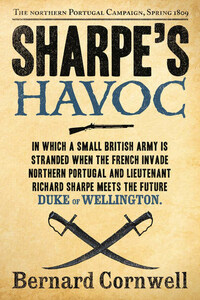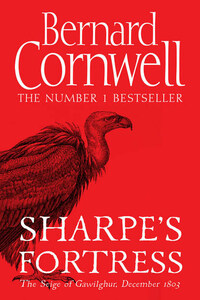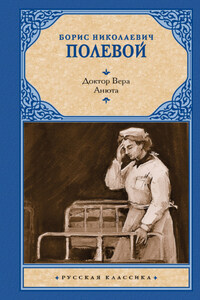This novel is entirely a work of fiction. The names, characters and incidents portrayed in it, while at times based on historical figures, are the work of the authorâs imagination.
Published by HarperCollinsPublishers Ltd
1 London Bridge Street
London SE1 9GF
www.harpercollins.co.uk
First published by HarperCollinsPublishers 2016
Copyright © Bernard Cornwell 2016
Bernard Cornwell asserts the moral right to be identified as the author of this work
Cover layout design © HarperCollâinsPublishers 2016
Map © John Gilkes 2016
A catalogue record for this book is available from the British Library
All rights reserved under International and Pan-American Copyright Conventions. By payment of the required fees, you have been granted the non-exclusive, non-transferable right to access and read the text of this e-book on-screen. No part of this text may be reproduced, transmitted, down-loaded, decompiled, reverse engineered, or stored in or introduced into any information storage and retrieval system, in any form or by any means, whether electronic or mechanical, now known or hereinafter invented, without the express written permission of HarperCollins e-books
Source ISBN: 9780007504251
Ebook Edition © 2016 ISBN: 9780007504237
Version: 2018-06-27
The spelling of place names in Anglo-Saxon England was an uncertain business, with no consistency and no agreement even about the name itself. Thus London was variously rendered as Lundonia, Lundenberg, Lundenne, Lundene, Lundenwic, Lundenceaster and Lundres. Doubtless some readers will prefer other versions of the names listed below, but I have usually employed whichever spelling is cited in either the Oxford Dictionary of English Place-Names or the Cambridge Dictionary of English Place-Names for the years nearest or contained within Alfredâs reign, AD 871â899, but even that solution is not foolproof. Hayling Island, in 956, was written as both Heilincigae and Hæglingaiggæ. Nor have I been consistent myself; I have preferred the modern form Northumbria to Norðhymbralond to avoid the suggestion that the boundaries of the ancient kingdom coincide with those of the modern county. So this list, like the spellings, is capricious.
|
Ãtgefrin
|
Yeavering Bell, Northumberland
|
|
Alba
|
A kingdom comprising much of modern Scotland
|
|
Beamfleot
|
Benfleet, Essex
|
|
Bebbanburg
|
Bamburgh, Northumberland
|
|
Beina
|
River Bain
|
|
Cair Ligualid
|
Carlisle, Cumbria
|
|
Ceaster
|
Chester, Cheshire
|
|
Cirrenceastre
|
Cirencester, Gloucestershire
|
|
Cocuedes
|
Coquet Island, Northumberland
|
|
Contwaraburg
|
Canterbury, Kent
|
|
Dumnoc
|
Dunwich, Suffolk (now mostly vanished beneath
|
|
the sea)
|
|
Dunholm
|
Durham, County Durham
|
|
Eoferwic
|
York, Yorkshire
|
|
(Danish name: Jorvik)
| |
|
Ethandun
|
Edington, Wiltshire
|
|
The Gewasc
|
The Wash
|
|
Godmundcestre
|
Godmanchester, Cambridgeshire
|
|
Grimesbi
|
Grimsby, Humberside
|
|
Gyruum
|
Jarrow, Tyne & Wear
|
|
Hornecastre
|
Horncastle, Lincolnshire
|
|
Humbre
|
River Humber
|
|
Huntandun
|
Huntingdon, Cambridgeshire
|
|
Ledecestre
|
Leicester, Leicestershire
|
|
Lindcolne
|
Lincoln, Lincolnshire
|
|
Lindisfarena
|
Lindisfarne (Holy Island), Northumberland
|
|
Lundene
|
London
|
|
Mældunesburh
|
Malmesbury, Wiltshire
|
|
Steanford
|
Stamford, Lincolnshire
|
|
Strath Clota
|
Strathclyde
|
|
Sumorsæte
|
Somerset
|
|
Tinan
|
River Tyne
|
|
Use
|
River Ouse (Northumbria), also Great Ouse (East
|
|
Anglia)
|
|
Wavenhe
|
River Waveney
|
|
Weallbyrig
|














